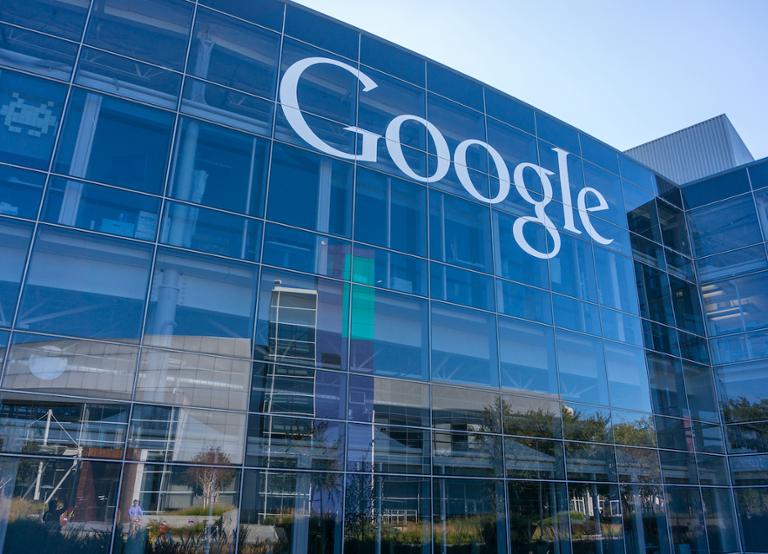Is Google still a top-paying tech company?
For years, the search-engine giant enjoyed a reputation as one of Silicon Valley’s highest-paying companies (if not the highest-paying company), shelling out top salaries in addition to sizable stock grants and bonuses. But new rumblings suggest Googlers feel their compensation is slipping behind that of their peers.
Google CEO Sundar Pichai and other executives faced questions about pay at a recent all-hands meeting. CNBC reports that, according to an internal Google survey, some 46 percent of Googlers feel their total compensation is truly competitive—a disconcerting sign.
Bret Hill, Google’s vice president of compensation and stock packages, told the audience that various “macroeconomic trends,” including inflation and market competition, could give Googlers the impression that their own compensation is falling behind. However, he added, Google’s average pay remains in the top 5 percent to 10 percent of the talent market.
“When we say top five to 10 percent, we plan to be very aggressive,” Pichai added, according to CNBC. “So, for example, when we see job functions based on supply demand, we do what we need to get new people and sometimes the number is much higher, too.”
In other words, Google is willing to pay handsome compensation to secure truly specialized, in-demand talent. There’s no question that competition is rising, however: other companies (and not just tech) are increasingly willing to pay outsized salaries to developers, data scientists, and other talent necessary to keep projects running smoothly. For example, Amazon recently announced that it would boost maximum base pay for corporate and technology workers from $160,000 to $350,000.
How does that compare to Google? According to crowdsourced compensation data available via levels.fyi, the search-engine giant pays its software engineers quite well, especially as they ascend in the corporate ranks:
In the face of increased competition, though, Google might have to pay even more to lock down technologists skilled in truly cutting-edge technologies such as artificial intelligence (A.I.).


